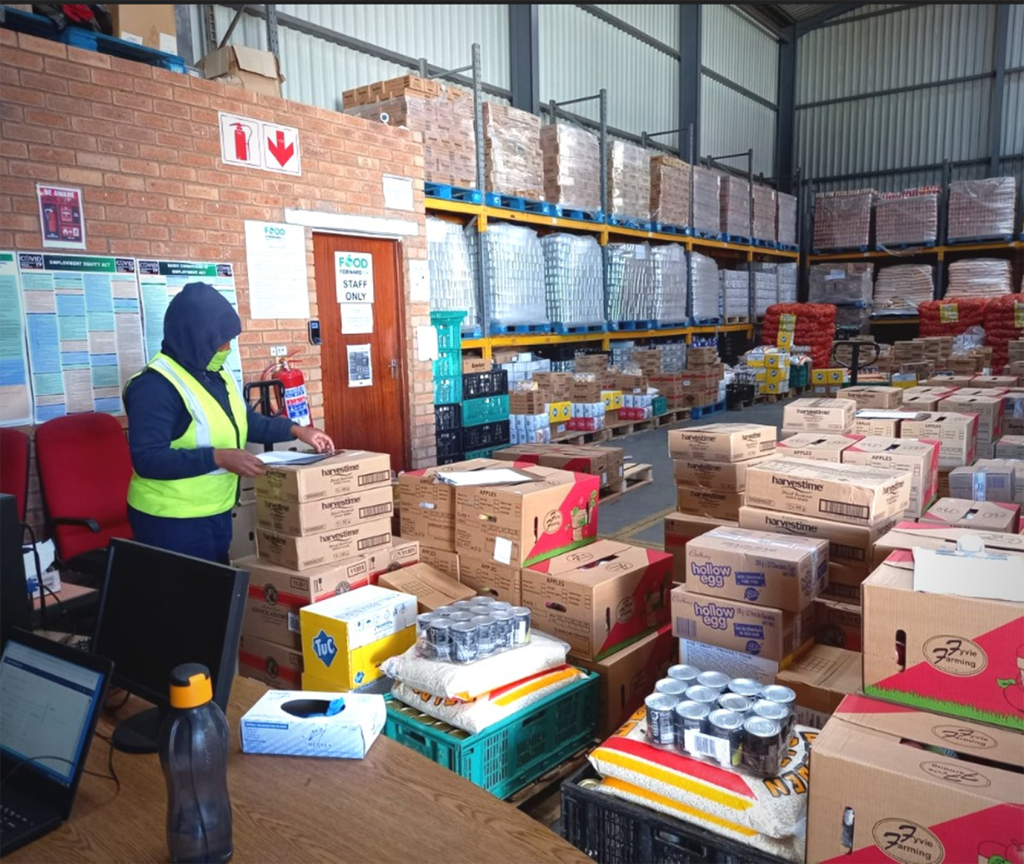CSI Sunday Times
How The Pandemic Impacts CSI Funding
The way corporate social investment (CSI) in South Africa responded when the pandemic hit presents a picture of both generosity and plateauing contributions. However, the fight against COVID-19 may deliver meaningful enhancements in the relationships between companies and the projects they support.
According to Trialogue’s Business in Society 2020 report, total CSI expenditure in 2020 amounted to R10.7-billion, up 4.9 per cent from the R10.2-billion spent in 2019. Companies gave considerably during the pandemic, and there have been shifts in focus to address more acute challenges such as healthcare and food security. But over the long-term, funding trends are flat and CSI budget increases are shrinking.
There was a slight increase in support for nongovernmental organisations (NGOs), says Calisto Kondowe, CSI consultant at MAMAS Alliance, a grouping of 33 organisations in the NGO space and a provider of free CSI services to companies.
“Existing CSI partners increased their effort in 2020 and 2021. I think long-term relationships were key to the survival of most NGOs during the height of the pandemic. Although CSI is normally one per cent net profit after tax, we have seen corporates spending more on COVID-19 relief efforts.”
Tending to basic needs
As priorities changed, NGOs and projects that relate to the pandemic received more attention. Trialogue’s report notes that in terms of COVID-19 support, the private sector focused primarily on food security (64 per cent), healthcare (60 per cent), community support (49 per cent) and education (40 per cent). Some 60 per cent also gave to the Solidarity Fund. The fund’s latest audit reveals that 88 per cent of its R3.2-billion came from the private sector.
“In some cases, NGOs have seen a huge increase in support and demand for their services, particularly if they are working in sectors linked to COVID-19,” explains Adam Boros, head of social impact at social investment fund manager and advisor Tshikululu.
He adds that some nonprofit organisations (NPOs) struggled to secure funding during this period, although not many groups working with Tshikululu closed down altogether. But the data suggest that pandemic support came at the expense of other NPOs. Trialogue’s report finds that only 15 per cent of NPOs increased their funding, 19 per cent saw their funding shrink and 25 per cent reported that funding has stopped.
General support may be waning, says Rirhandzu Marivate, project manager for The Learning Farm at the Sustainability Institute. “There has been a decrease in CSI as community security organisations struggle to find enough funding or donations to continue their food relief efforts. The energy and enthusiasm that businesses displayed at the beginning of the pandemic is dying down, with many CSOs having to figure out alternative means to support their communities in need.”
Relationships and CSI spend
Some point to the tepid economy for the slowdown, and all interviewees noted that companies spent more than the usual one per cent after tax on CSI. It’s not a lack of will, but the symptom of a very challenging environment. The NPOs that fared better during the pandemic often had well-established relationships with their patrons. Boros notes that a spirit of stronger partnerships has emerged, which will hopefully continue long after the pandemic.
“Although COVID-19 has required emergency responses from many corporate social investors, we hope that beyond this period there will be increased focus and commitment to taking a longer-term, systemic approach to social investment work. There is too much ‘short-term’ thinking in the sector, but the pandemic has exposed the deep systemic challenges we face in a unique and new way. The only way to truly resolve these is through long-term, multifaceted strategies that address causes and not just symptoms.”





